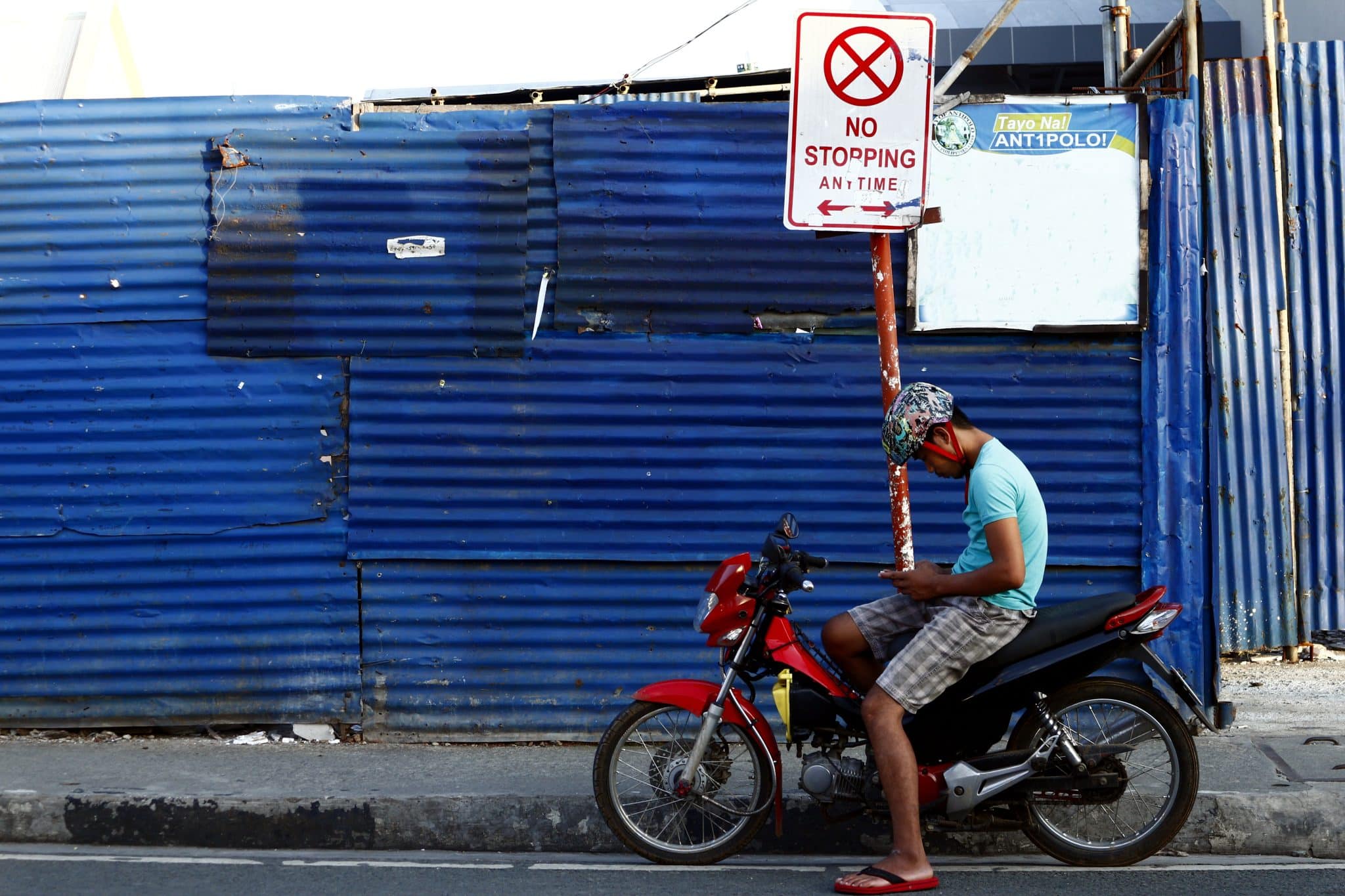The Undersecretary for e-Government at the Department of Information and Communications Technology (DICT) of the Philippines, David L Almirol Jr, says the recent integration of blockchain technology in to the country’s digital government ecosystem will significantly improve trust and security.
The government introduced the blockchain integration four months ago, as reported by CoinGeek. It is to be implemented under an initiative dubbed eGovchain.
Per a report by GovInsider quoting the DICT official, the first phase of the integration involves the national ID system, the eGovDX data exchange platform and the digital government super app eGovPH.
Before the introduction of the blockchain initiative, the eGovDX platform had been used to coordinate and facilitate the exchange of information among government institutions without the secure exchange of sensitive data.
That will now be possible as according to Almirol Jr, the central idea of the integration is to further secure digital government operations, enhance trust and transparency and make it possible for sensitive information to be exchanged among agencies in a secure manner.
The second and third stages of the blockchain integration will involve other components of the digital government architecture, and will be managed by two separate entities.
The official says they are cognizant of the challenges that come with integrating blockchain into digital government services, and are already taking measures to handle the situation.
“DICT is addressing these challenges by fostering public-private partnerships and initiating technical pilot programmes to facilitate smooth integration,” the official said, as quoted by GovInsider.
“Users can decide which government agencies will have access to specific details, ensuring privacy and security. Multi-factor authentication and secure data storage further reduce the risks of unauthorised access.”
Almirol Jr discloses that the government is also studying the possibility of “implementing the project across all levels of government,” and also “planning to conduct a public inquiry and consultation before the end of the year to gather valuable feedback and ensure the successful rollout of both eGovchain and eGovEncrypt.”
This, Almirol Jr says, is part of efforts by the government to ensure that citizens get the fullest benefits of the ongoing digital transformation in the country, headlined by a massive digital ID program which now has more than 90 million people successfully registered.
Blockchain technology and AI, meanwhile, will be on the menu of discussions during an upcoming Innovation Summit in Davao City, Philippines. The event, in its second edition, will take place from November 6-7 and will rally many stakeholders from the tech industry and government, Philippine News Agency reports.
Blockchain is increasingly being used for different applications to enhance secure access to digital services. As an example, Bhutan’s national digital ID recently announced it was switching to Polygon Blockchain in what officials described as a significant upgrade of the ID system’s security performance.
Article Topics
blockchain | digital government | digital ID | national ID | Philippines | public-private partnerships
